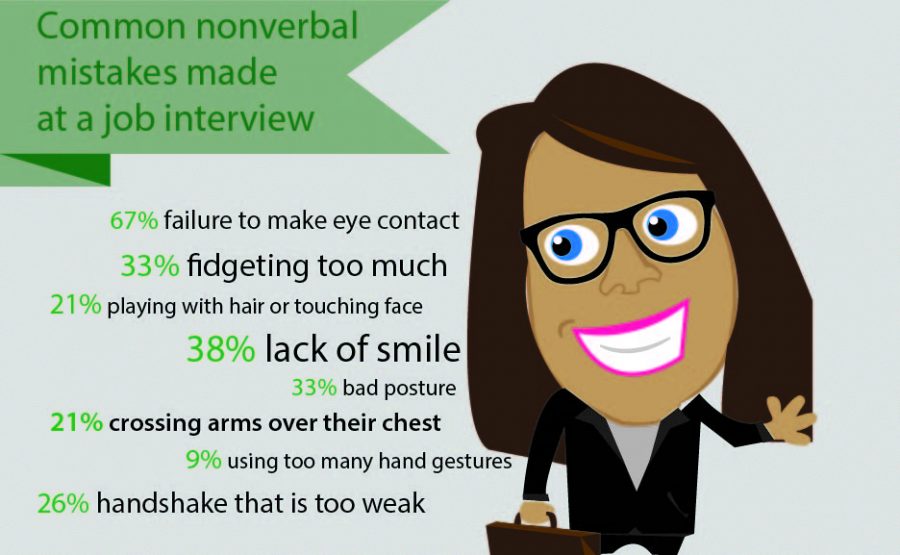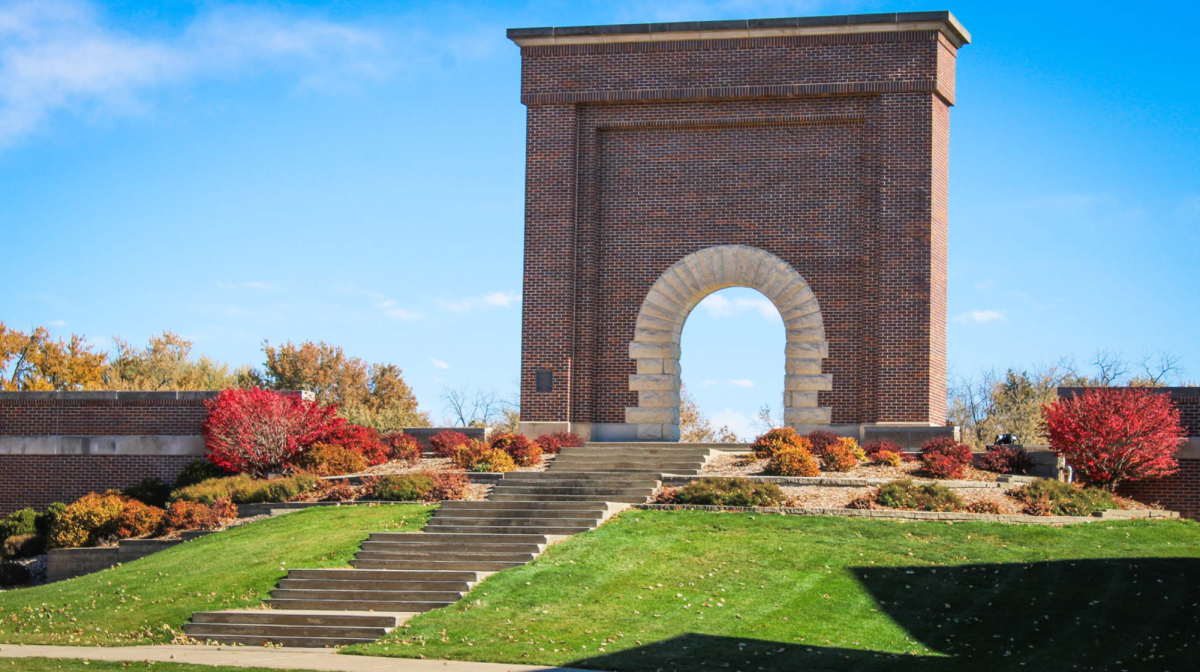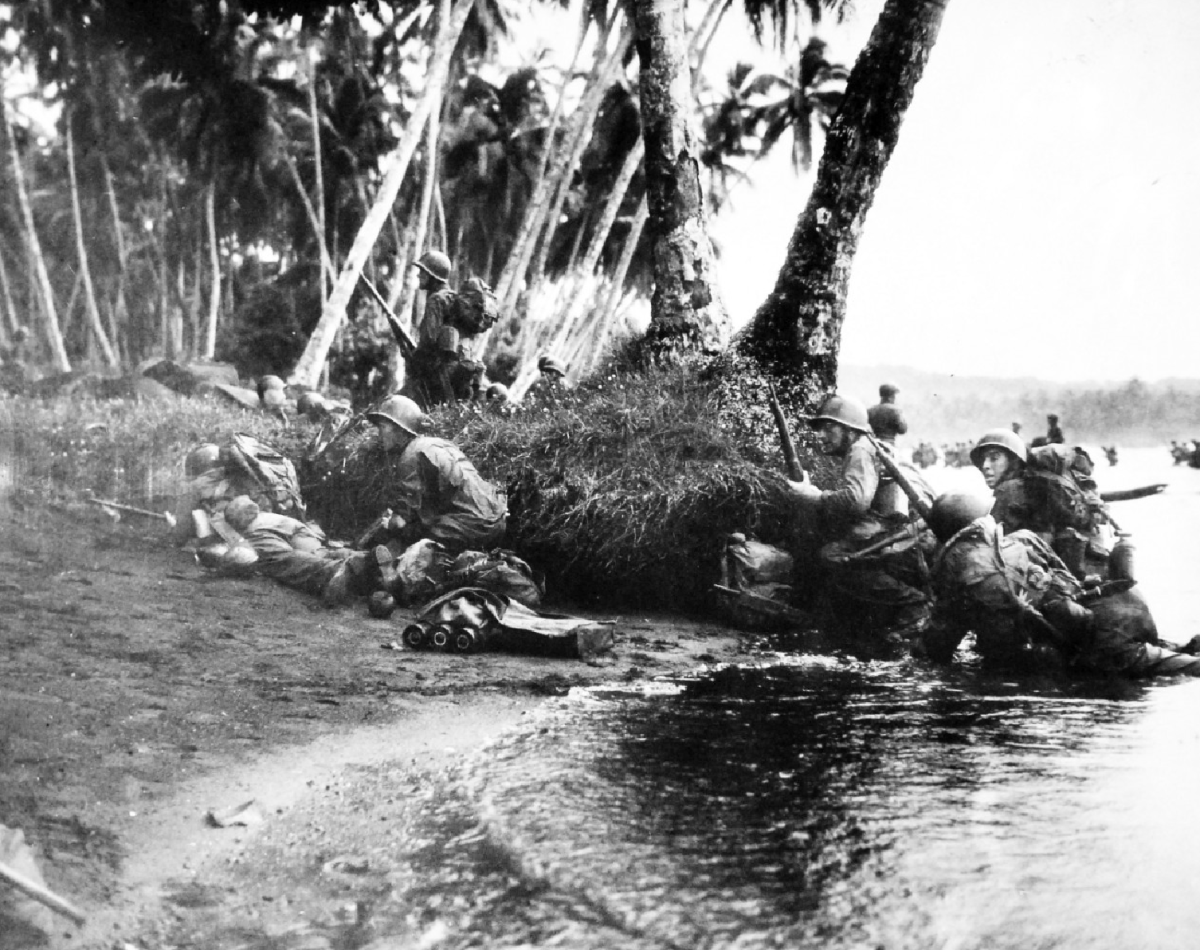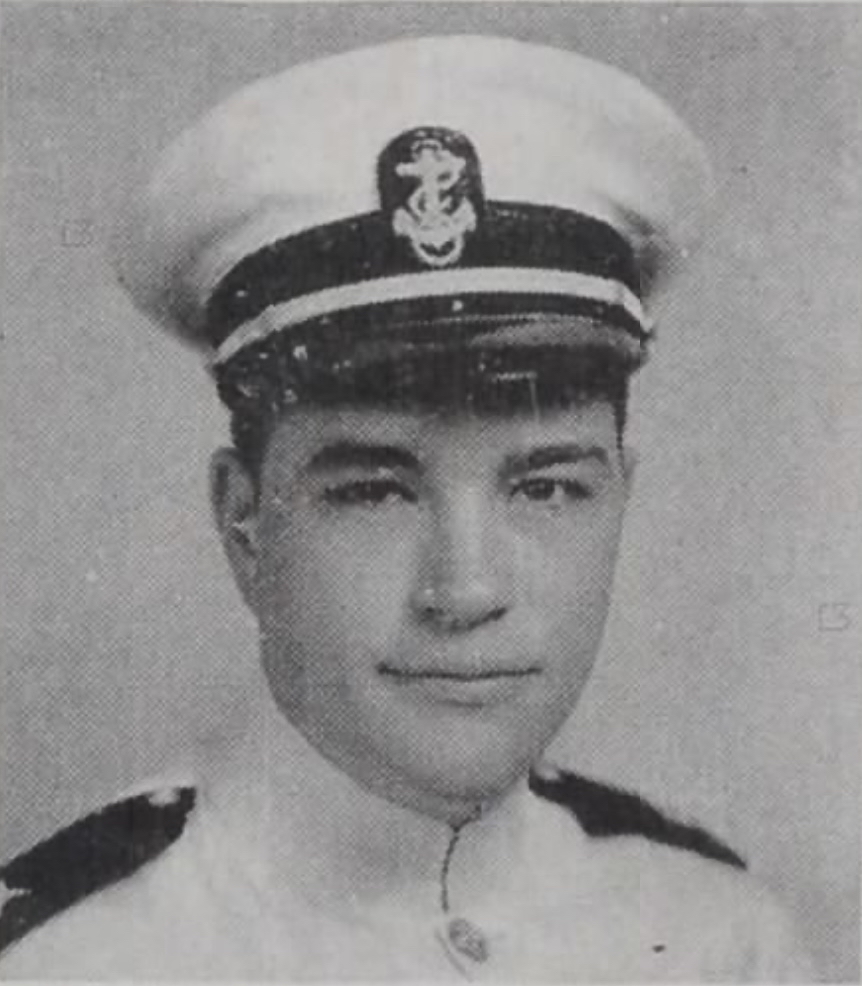Jen Van Oort | Contributing Writer
College is full of choices, preparation, and learning. As we steadily grow into adulthood, we are often faced with far more difficult decisions than we ever imagined possible. With graduation just around the corner for many of us at Buena Vista University (BVU), preparations for interviews are among top priorities. However, key concepts on how to prepare for the potential interview of a lifetime are often neglected. The interview process is one of the most important steps in the quest to obtain the ideal career. Here are four of the most important steps in acing an interview.
Step 1: A well-polished cover letter and resume are critical.
One of the first obvious steps in a job search is finding the advertisement for the position opening. Not only does this allow a notice if the position is open, but the job description is essential for the composition of the cover letter. It is highly recommended to use the job description and its key terms or buzz words to include in the cover letter. For example, if the job description lists that the person must be well organized, a good leader, and have strong public speaking skills, attempt to highlight those qualities in the cover letter using the same buzz words.
Dr. Beth Lamoureux, professor of Communication Studies teaches an interviewing course at BVU.
It’s not simply about, “telling them what they want to hear,” but rather being careful and strategic with how the resume and cover letter is organized to ensure that it highlights the best qualities of the applicant that are most relevant to the position being applied for.
“Students need to be ‘intentional’ in what they list and how they phrase examples in their resume and cover letter,” Lamoureux said.
Step 2: Having research and examples to back up claims will help candidates stand out.
Another major recommendation is to always provide examples behind your claims. Many candidates neglect to include this in their actual interview and thus fall between the cracks of all the other candidates. For example, if during the interview you say you are “a motivated person,” you need to provide a specific example to prove to the employer you truly have the skill. Do not make the interviewer ask for an example. Anyone can say they are motivated, organized and have a solid work ethic, however, providing an example to support the claim such as highlight course work or past work experience is key to prove the claim. It is also important to remember to never claim something that is dishonest and down the line cannot actually be backed up. This follows the time old saying from Benjamin Franklin, “Honesty is the best policy.”
Additionally, do the research it takes to know what you are talking about. Tough questions in an interview are almost always a standard today, but taking the time to carefully think through potential tough questions ahead of time ensures that you are not caught off guard when required to provide a thoughtful answer. Also, be careful to know about the company, corporation, or organization to which is being applied for. Often this is a must for the category of a tough question that is asked during an interview. The bottom line here is, be smart and use your knowledge as a tool for success to answer questions.
Step 3: Be curious and plan questions of your own.
The next recommendation is to always have questions prepared for the end of the interview. It is often the case that the employer will ask you if you have any questions for them at the end. This is an open way that the employer can test the candidate’s curiosity and preparation further. They want you to ask questions and in fact, if you do not, they will be disappointed because this lack of inquiry could imply that you are not particularly interested in the position. Questions like, “Please enlighten me about the training I might receive for this position,” or “Tell me about your company’s cultural climate,” or specific questions about expectations of the position are always safe and preferable. Do not ask about benefits or time off, as this sounds too self-serving and will be addressed by the employer later if the position is offered.
Step 4: Saying thank you never goes unnoticed!
A hand-written thank you written immediately following the interview is appreciated every single time. When mailing this thank you note, remember to drop it in the mail no later than a day or two after the interview has concluded. This is a polite way to show gratitude to the interviewer for their time and is a great time to help them remember you by noting a particularly important question or example from the interview. With the likelihood that there are more than a handful of candidates interviewing for the position, the thank you note will not only help you remain memorable but it expresses genuine thoughtfulness for the opportunity, even if the position goes to another candidate. In fact, the employers at Practice with the Pros workshop (held at BVU last Thursday, Oct. 30) echoed this recommendation. Several of the employers were of different work backgrounds but they all touched upon the same idea that the thank you’s were important, appreciated, and should always be handwritten rather than emailed or typed. This is important to know!
Keep all these recommendations in mind when it comes to the interviewing process and don’t forget, preparation is key!
Graphic by Krystal Schulte









